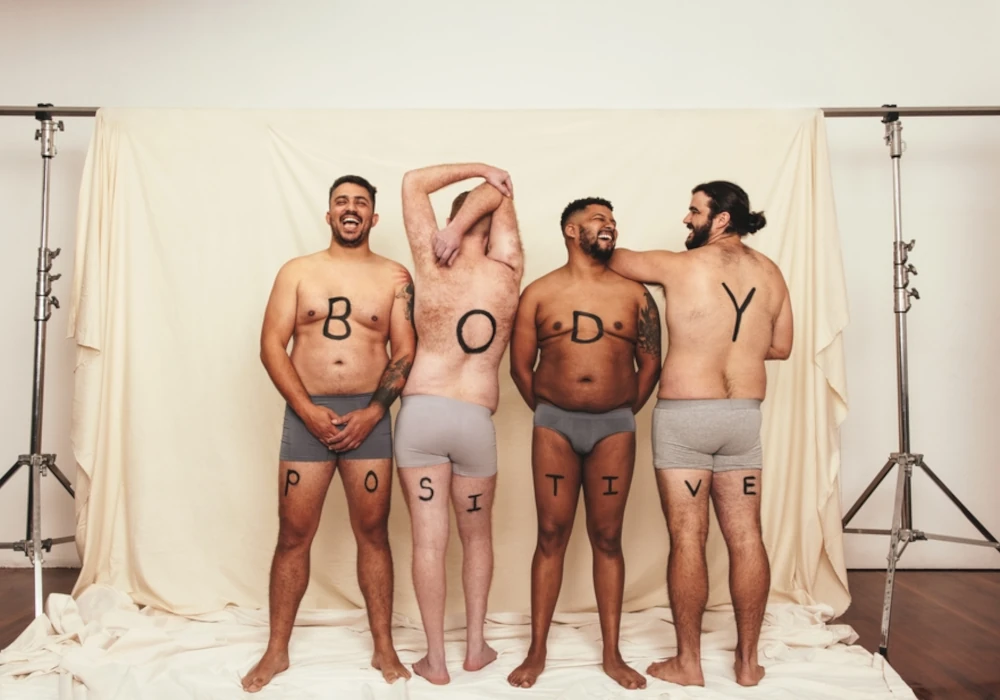BLOG
Let yourself be inspired
On our blog we regularly share the latest scientific developments as well as exciting inspiration.

How to build mental strength
How to build mental strength You certainly don’t want to wait to build mental strength until the moment you need [...]
Praise – a fine art
The majority of people are receptive to praise. We are socially predisposed, have a strong need to belong and through [...]
A course in happiness
My son's bib reads, "Happiness is hugs". Buddha once said, "There is no way to happiness. Happiness is the way.". [...]
Body Positivity – Love Your Body
Diversity is something we see more and more in the media lately. Not only on social media of some alternative [...]




